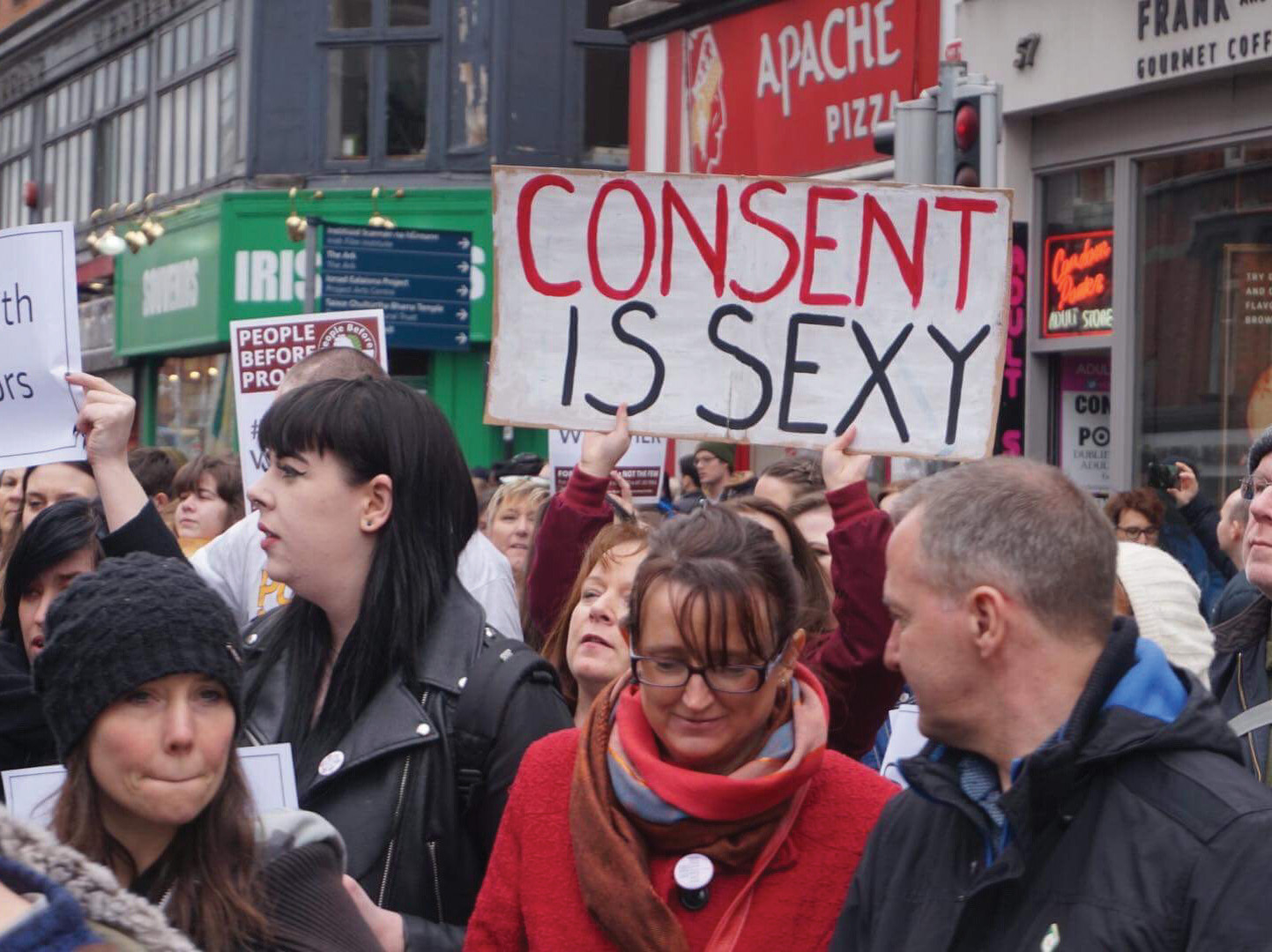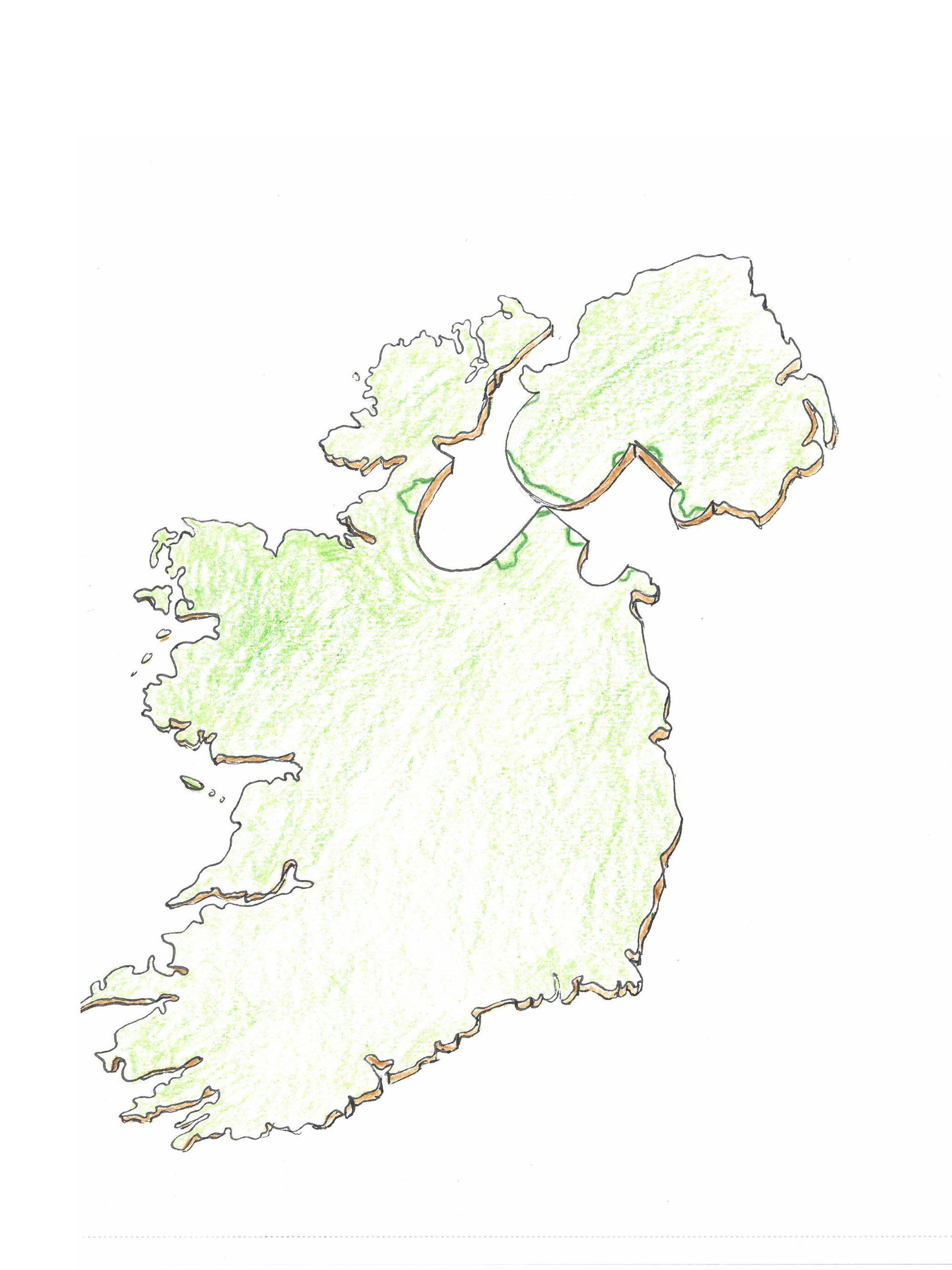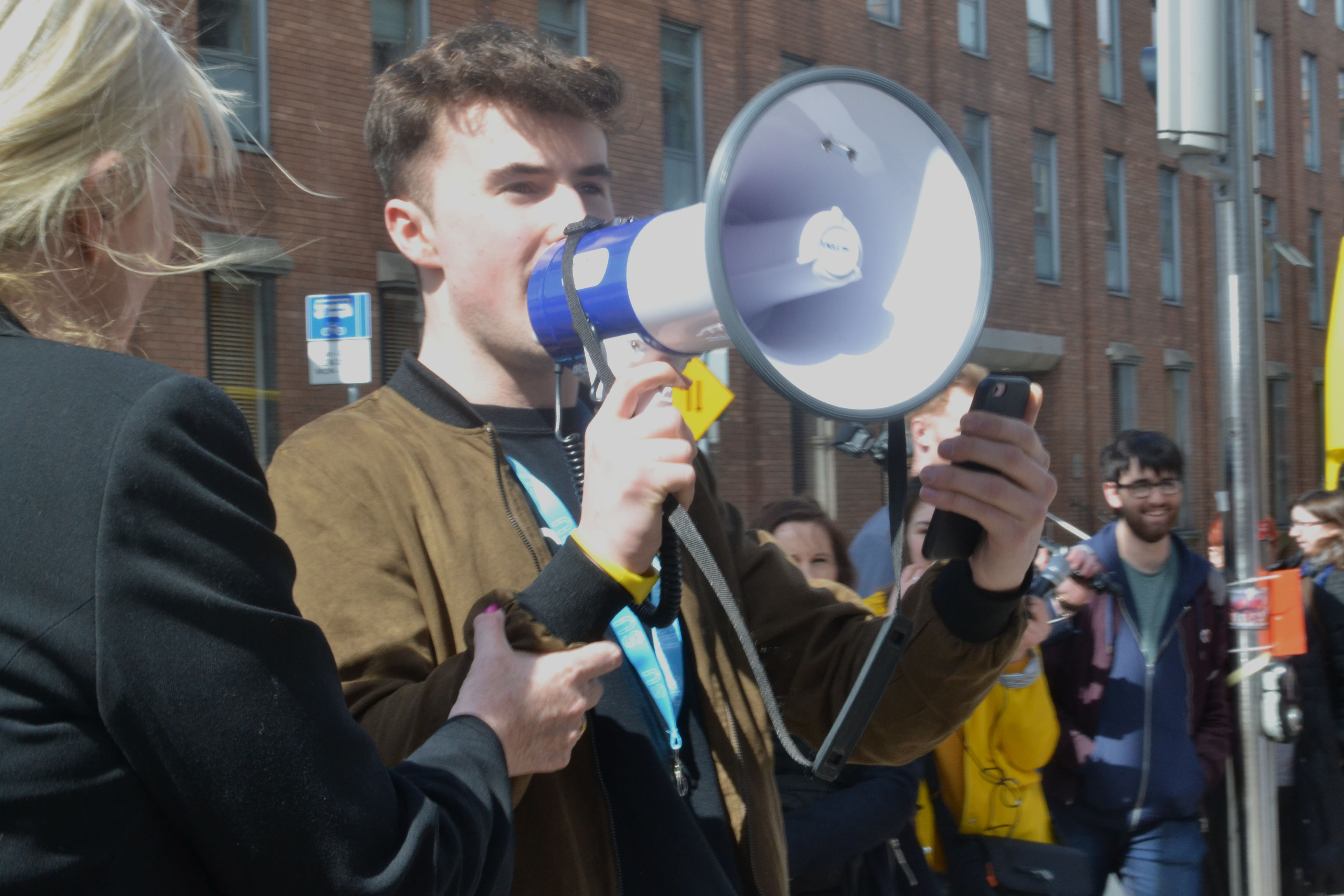
[dropcap]S[/dropcap]ixth class students bring letters home, not knowing their contents, they only know that their parents have to read and sign it. They have an idea though, as their older friends have bragged about hearing “the talk”, telling them things about sex which they later discover are untrue.
Giggles are shared with friends at the mere thought of the word “sex” even being said out loud in the classroom. One girl in the class moans that she won’t get to attend because her parents ticked the ‘no’ box. The letter gave parents the option of whether or not they wanted their child to go to the talk. Learning about sex isn’t as important as learning how to do long division; this wasn’t a mandatory lesson.
External speakers are brought in for “the talk” and boys and girls are separated. As if sex, the most natural thing that brings both genders together, is something that needs to be discussed separately. There’s a universal feeling of disappointment with the information that has been given. The infamous “talk” that they had heard so much about was nothing more than what would later be studied in their first year of biology.
This “talk” is the main lesson in Relationship and Sex Education (RSE) in Ireland. The current book used to teach RSE was written 18 years ago. The book, along with the current curriculum, bares no mention of contraception, pornography and consent.
On the third of April, Minister for Education, Richard Bruton, asked policymakers to review the RSE curriculum. He wanted to ensure that it met the needs of young people in Ireland today. This announcement has come a week after the verdict of the Belfast rape trial, which saw consent coming into the national sphere of conversation.
Following the verdict of the trial a rally was held outside the Dáil on March 31st, Easter Saturday. The topic of consent was at the forefront of this rally. The Government were called on to tackle this issue. Consent classes are currently available in third level institutions, but many argue that they need to be introduced at primary level.
Minister Bruton said “I want to ensure that the RSE curriculum meets the needs of young people today, who face a range of different issues to those faced by young people in the late 1990s”. The aim of the review is to look at both the content of the curriculum, and its delivery.
The Oireachtas committee on the Eighth Amendment have also called for a review to be put in place to ensure that the RSE curriculum is delivered in a factual and impartial manner, and that it be independent from school or religious ethos.
At the moment, there is no strict curriculum in place for RSE in schools. Many Catholic primary schools bring in outside Catholic groups for RSE. They usually receive one lesson in fifth class and another the following year.
Ruth Coppinger, a Solidarity TD, has proposed a new bill which seeks to remove religious ethos from sex education in all Irish schools. Coppinger said that sex education in Ireland is “hampered by the religious ethos of the schools and is not factual and objective”.
However, Catholic groups are warning that removing religious ethos from sex education could be unconstitutional. The Catholic Primary Schools Management Association (CPSMA) said they welcomed Richard Bruton’s announcement that he wanted a major review of the RSE, but they said that any revised curriculum would still need to be delivered in line with the religious ethos of the students and parents.
David Quinn, the director of the Iona Institute said that he had “no objection in principle, always keeping in mind that parents are the primary educators, with the schools as back-up.” He hoped that “as well as being taught what proper consent is, the children would also learn to get to know and like each other properly first”.
Speaking to The College View following Bruton’s announcement Orla Murray, a Bachelor of Education student in primary teaching said “Consent classes need to be introduced in fifth and sixth classes in primary schools. Teachers in training also need to be taught how to teach the topic of consent. It really is the least that can be done at the moment”.
Ireland is a completely different place to what it was 20 years ago, when the RSE curriculum was constructed. Young people aren’t only learning about sex from older friends and the “talk” they get in primary school; they are gaining a lot of misinformation from the internet. In a world where information on sex and porn can be viewed at the click of a button; consent must be discussed with children and teenagers.
Consent needs to have a universal understanding regardless of age, race, gender or religion.
Ciara O’Loughlin
Image Credit: Ciara O’Loughlin



